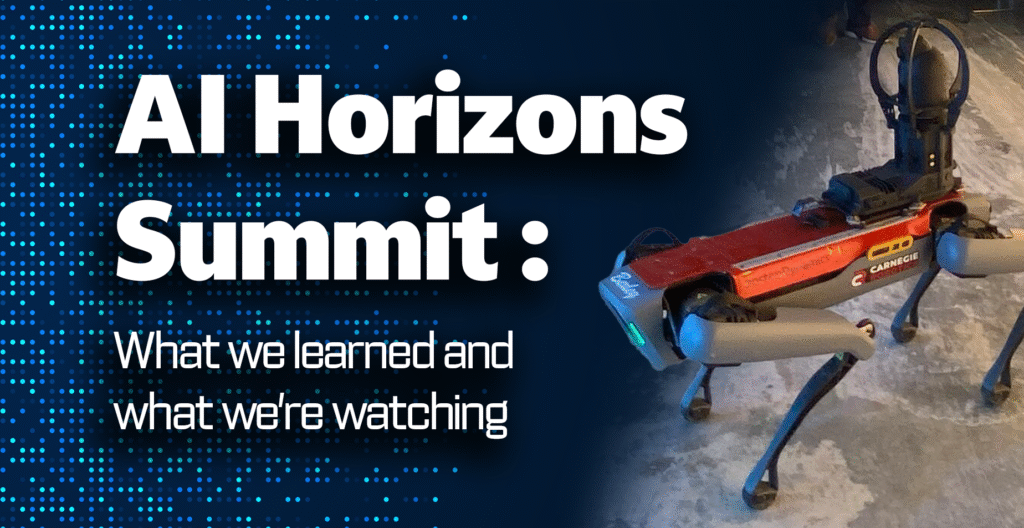
I woke up at 7 one morning in mid-May having slept in until noon the past two months of quarantine. It was the first day of my internship and I wanted to make a good impression, so I got up early and put on my best jacket and tie.
From the waist up, I looked ready for work. But what my new employer couldn’t see were the basketball shorts and sandals I had on out of the view of the Zoom call camera.
This was the first of many virtual meetings and my initial indication of just how different this summer internship would be. The typical uncertainties of starting a new job were exacerbated by the move to online. Fortunately, my new colleagues were welcoming and made me feel like a valued member of the team from Day One.
There would be no coffee runs or office errands, no small talk during lunch or by the water cooler. The life as an intern at a time of social isolation and lockdowns is dramatically different. And maybe permanently, as companies across the nation move toward remote work.
Despite the oddity of a remote internship, I was lucky to still have the opportunity. I heard many horror stories from friends and fellow students about internships or research projects being cancelled.
The communications world is not one that stops during a crisis, but rather, ramps up even more. From follow-up calls to reporters, spending hours monitoring the news, to covering webinars, interning online has made a fast-paced work environment even faster.
Working remotely has been a blessing and a curse. One benefit is being able to virtually attend meetings that I would not have been able to participate in had they been face-to-face. Originally, I was going to commute an hour-and-a-half each way to the Pittsburgh office and I would only have the opportunity to sit on events in the area. But webinars have enabled me to Zoom call into meetings across the country.
One drawback about working from home is not being able to get to know co-workers on a more personal level. Most of time I spent talking to colleagues is about projects, over video calls. There are times where the conversation wanders from typical work subjects, but I missed out on the fun talks recalling the previous night’s sporting event or the new Netflix series everyone is bingeing. Luckily, there is a chatroom on our team communication platform where no-holds-barred conversations can take place on current events.
A lot of the work that Ceisler Media performs is for non-profit groups, which have been integral in keeping the country going during these tough times. It has been fascinating to get an inside look at how non-profits help to better the world around them even during this crisis. At a time when help is needed more than ever before, Ceisler clients are stepping up and it is exciting to play a small part. For example, Hunger-Free Pennsylvania is combating food insecurity through its food bank network while the Trust for Public Land is collaborating with talented local artists to raise awareness of the harmful impact of extreme urban heat on vulnerable groups.
Face-to-face meetings and public events are often the best way to communicate to large groups, so the pandemic has made effective public affairs more challenging. It also underscores the importance of simple and clear messaging. To that end, virtual work has served as a writing workshop for me. Thanks to solid editing and other writing tips from the team, I will come out of this internship a more well-rounded communicator.
While my experience interning at Ceisler Media has been unusual because of the global pandemic, it is one I will never forget. And if working remotely does become the new normal, maybe starting my career that way isn’t so bad.




